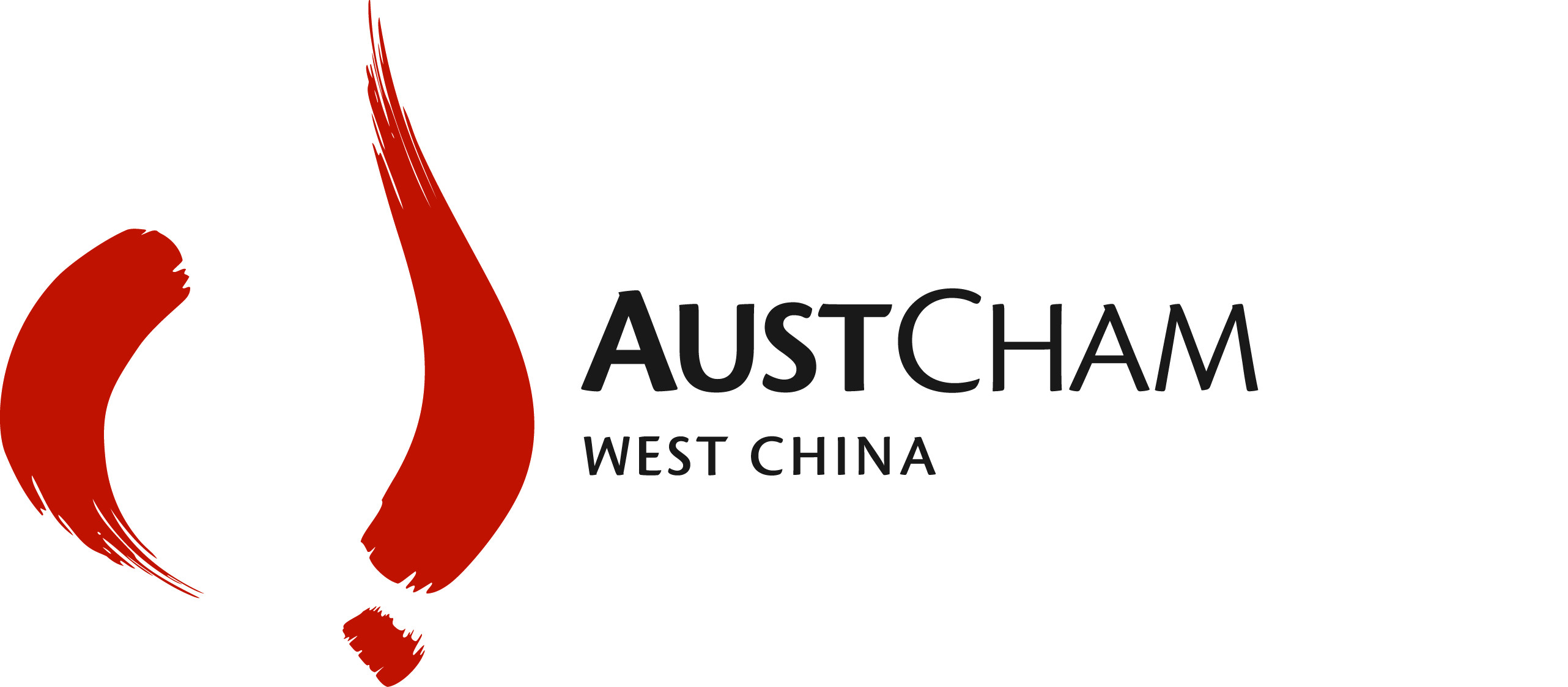In today’s Talking Points: China’s central authorities take new measures to improve financing and investment structures; the New Development Bank issues 3 billion yuan worth of green bonds, with more to come; Yu Xuejun at China Banking Regulatory Commission says that the shifting money supply is behind the slowdown in private investment growth; Alibaba moves to increase its presence in Australia and the rest of the world.
Central authorities plan overhaul of investment and financing systems
The Communist Party of China Central Committee and the State Council yesterday released joint guidelines detailing measures to be taken to stimulate the economy amid continued economic downturn. The guidelines include relaxation of controls on insurance capital, pilot projects allowing financial institutions to hold corporate equities, and easier access for domestic firms and financial institutions to foreign capital. The government hopes the changes will encourage the use of private capital to help resolve funding difficulties for start-ups and SMEs.
Source: China Daily
Development Bank issues first bonds to fund clean energy projects
The New Development Bank (NDB) yesterday issued 3 billion yuan worth of five year green bonds with 10 million yuan more planned over the next six months. The bonds are to be sold in China’s onshore interbank bond market, and are the first yuan-denominated bonds in seven years to be issued by a global financial institution. The bonds are underwritten by the Bank of China, together with China Development Bank, China Construction Bank, Industrial and Commercial bank of China, HSBC and Standard Chartered. China is the world’s leading green bond market, which is seen as having huge growth potential with the government set to fund only 15-20% of its target 2 trillion yuan investment in green industries annually.
Source: China Economic Net
Shifting money supply behind collapse in private investment growth, official says
Yu Xuejun, chairman of the supervisory board for key state owned financial institutions at China Banking Regulatory Commission says the government’s policy of boosting private investment through accommodative monetary policy is inhibiting private investment growth in China by diluting the asset and capital stock of existing private investment. The majority of new central bank loans permitted by the injection of funds have been directed to large state-owned enterprises for large infrastructure such as roads and dams. Despite the slowdown, private investment has funded more than 61% of overall fixed investment growth in 2016.
Source: Caixin
Alibaba plans to significantly expand its presence in Australia
Global president Michael Evans has described Australia as playing a “huge part” in Alibaba’s globalisation strategy, with the company set to open its first Australian office in Melbourne later this year. Evans explains Australian exports represent a huge proportion of the quality products its consumers are demanding. Australia ranked as Alibaba’s fifth biggest selling country in last November’s Singles Day. Australian imports are also extremely important for Alibaba with around half a million Australian consumers using the e-commerce platform. The company expects to open additional offices as it plans to rapidly expand its Australian workforce over the next five to ten years.
Source: Financial Review

